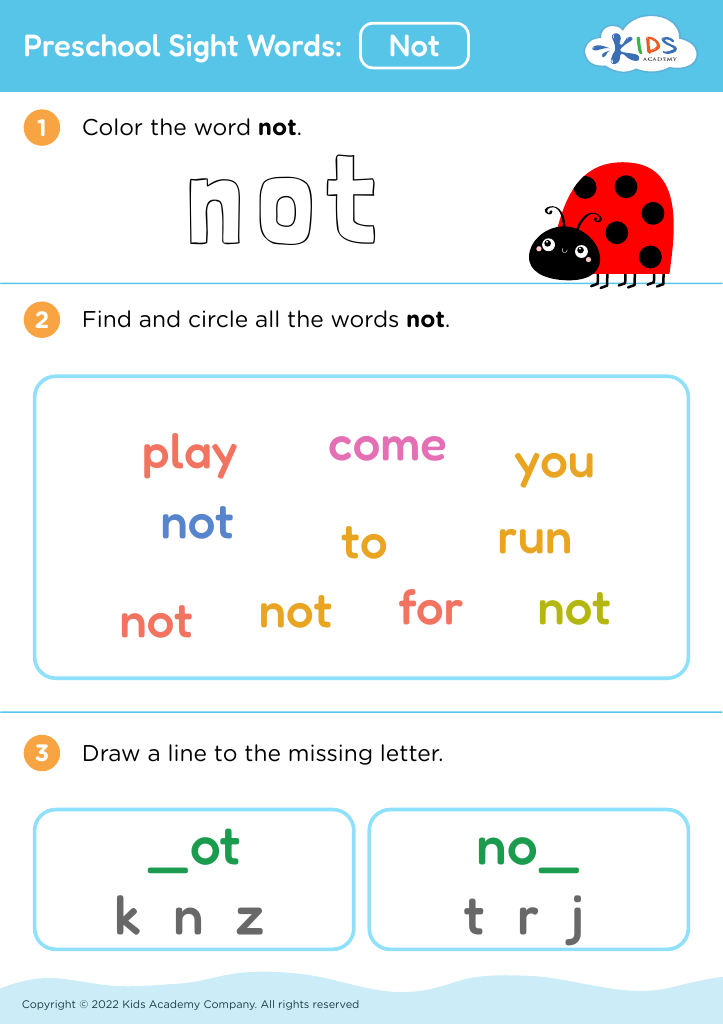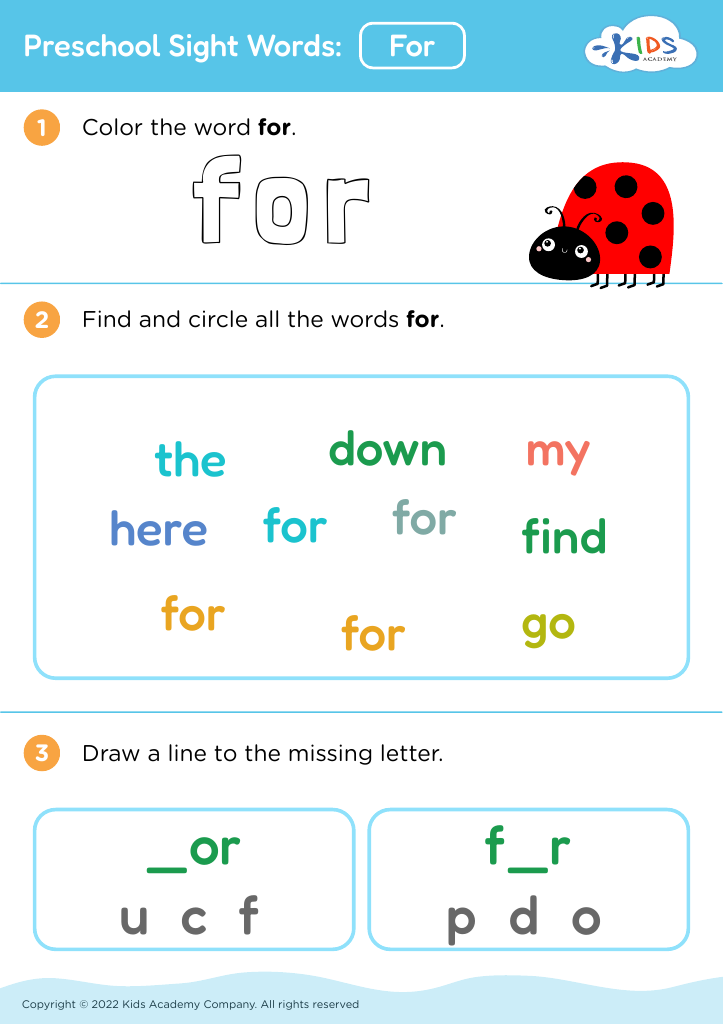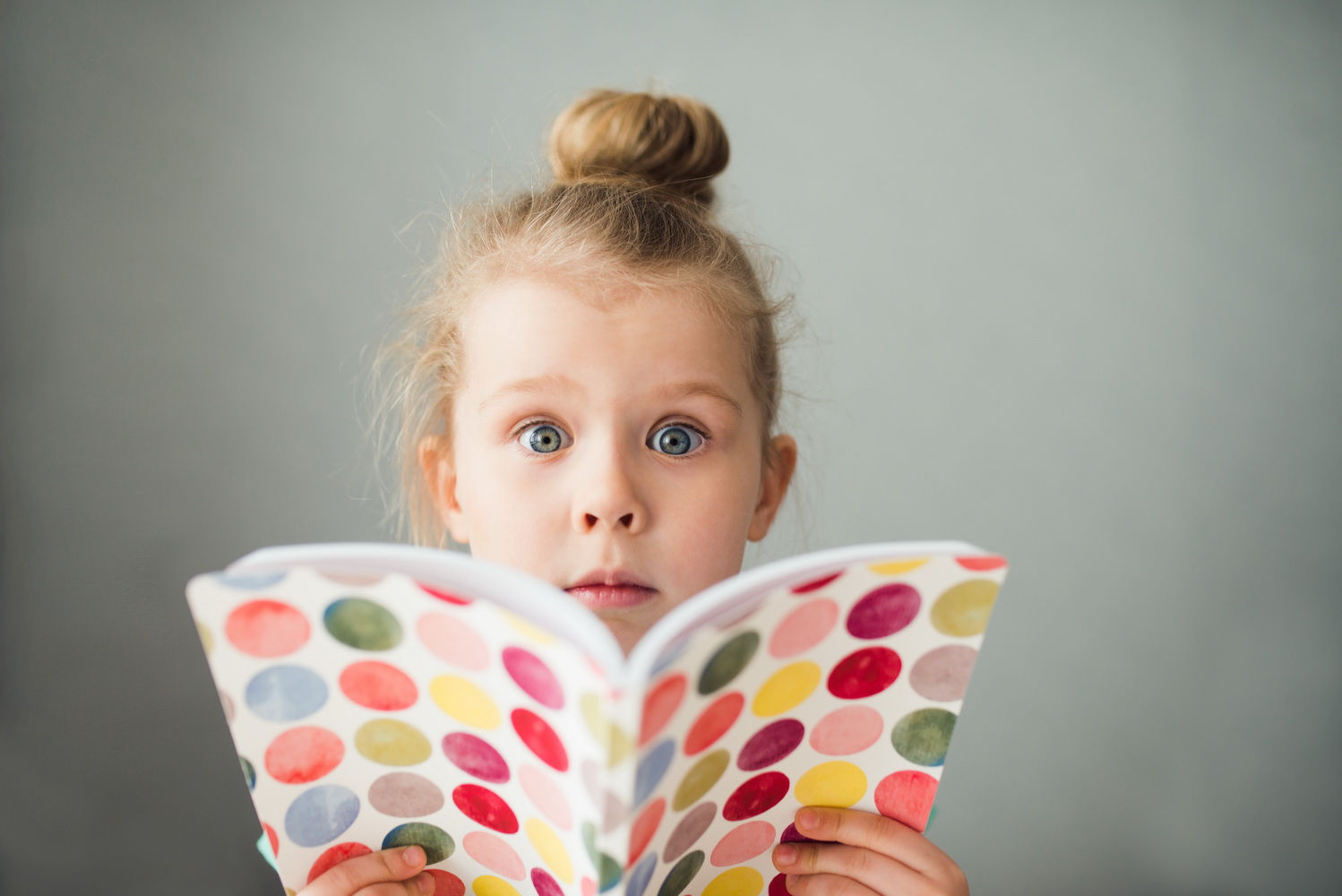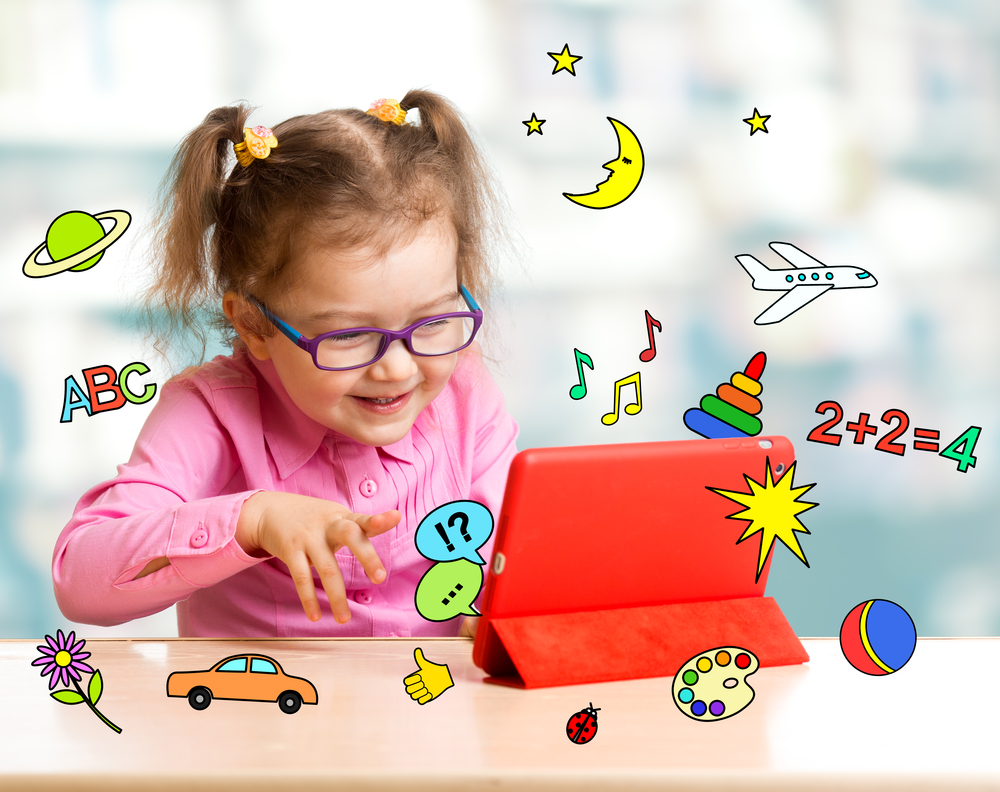Counting objects Reading Worksheets for Ages 5-9
3 filtered results
-
From - To
Discover engaging Counting Objects Reading Worksheets, specially designed for children aged 5 to 9! These worksheets help young learners develop crucial counting and reading skills through fun and interactive activities. Each worksheet features vibrant illustrations and age-appropriate content that encourages kids to identify, count, and compare various objects. By combining essential reading skills with mathematical concepts, children will build confidence and strengthen their comprehension abilities. Perfect for classroom use or home learning, these worksheets are tailored to provide an enjoyable educational experience. Access a treasure trove of resources to make learning counting fun and effective for your little ones today!
Counting objects and reading are fundamental skills that lay the groundwork for a child's cognitive and social development. For children aged 5-9, these skills are intertwined, fostering critical thinking and problem-solving abilities. Counting objects helps develop mathematical reasoning and number sense, vital for future math competencies. An understanding of quantity and basic arithmetic forms the backbone of a child’s education, promoting analytical skills applicable in numerous real-life situations.
On the other hand, reading cultivates linguistic skills and enhances comprehension, allowing children to understand and engage with the world around them. The ability to decode written language unlocks a wealth of information and ideas, enhancing their vocabulary and imagination.
When parents and teachers prioritize counting and reading, they create rich learning environments that encourage curiosity and exploration. Engaging in these activities can improve children's confidence and mastery of skills related to critical thinking, communication, and collaboration. This holistic development is crucial as it supports academic achievement and prepares children for future learning experiences, helping them become well-rounded individuals. Consequently, investing time in counting objects and reading reaps immense benefits for children's lifelong learning journeys.




















